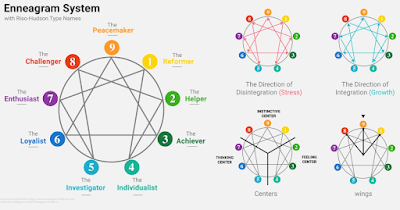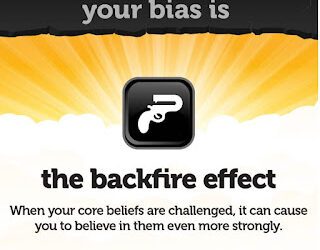Apologists, as a group and as individuals, are the most well-informed people I know. This is likely because the discipline demands knowledge on a wide variety of subjects, apologists are intellectually curious, and there are well-known apologists with legitimate expertise in just about every major academic discipline who can responsibly inform other apologists. For whatever reason though, there are no major apologists who are experts in psychology (or related disciplines), which leaves apologists vulnerable to pseudo-scientific pop-psychology.
Here’s a relatively harmless, real-life example. I had the privilege of having an extended conversation with a well-known apologist at a conference last year (2018). I mentioned my desire to integrate psychological science into apologetics. He responded by telling me about a podcast by another apologist/theologian who stated that there is a replication crisis in psychology and therefore, all psychological science is untrustworthy. The apologist I was talking to trusted this as reliable information and seemed to have no doubt that it was undeniably true (on a side note, this is an excellent example of the persuasive power of authority).

Unfortunately, this is an example of how even intelligent people can be fooled into believing pop-psychology. When I use the term pop-psychology, I am referring to psychological science that is both bad and popular. What makes it popular is usually what makes it bad, although there are works listed below that are positive examples of popularized psychology. The problem with pop-psychology is that it incorrectly represents or ignores important details (usually through oversimplification), is unfairly one-sided, and is relatively outdated science. In other words, it’s pseudo-science in the realm of social and cognitive science.
I plan to write more on the replication crisis soon, but for now, let me just say that psychologists disagree on whether there is actually a crisis; if there is, it’s limited to a few sub-topics within the sub-discipline of social psychology; and the field has made huge changes years ago to correct the issues. However, this isn’t the only topic that apologists are vulnerable to pop-psychology, and in fact, may be one of the least important.
Psychology relates in some way to just about every apologetic argument. The most obvious topics are those related to consciousness and sexuality, but it can also inform the debate on post-resurrection appearances, the reliability of the gospel writers’ memories, whether religion is merely a psychological crutch, near-death experiences, why people are leaving the church, whether the teleological argument is a byproduct of cognitive biases, our apologetic methods, and more. While it’s not strictly related to psychology or apologetics, I’ve also seen pop-psych or pop-science perpetuated by Christians regarding the Enneagram, vaccines, parenting practices (e.g. Baby Wise and other Ezzo books), dietary science, and some areas of medicine (I’ll write on these other subjects eventually, particularly the psychological ones).
Why it Matters
There are a couple reasons we want to avoid pop-psychology (or pop-science). First is because it tarnishes our reputation with non-believers if we buy into pop-psych ideas. The other is because popular atheists such as Sam Harris, Michael Shermer, and Steven Pinker are educated in psychological sciences, or closely related disciplines, and philosophers such as Daniel Dennett and Peter Boghossian are fairly well versed in it too. So far, apologists have won debates against these people by focusing more on philosophy and evidence, but I’m not sure what would happen if the debate focused on psychological biases and errors. There are more and more objections to Christianity that relate to psychology and if apologists are unable to answer those objections well, people will lose their faith over it.
Overcoming Pop-Psych
The easiest way to avoid pop-psychology is to stay away from psychological topics and focus on what you do know. I know it’s tempting to speak authoritatively on subjects we haven’t really studied, especially when people ask us questions, but recognize the limits of your knowledge and resist the urge to say more than you should. If this is not a desirable option for you, then actually take the time to incorporate psychology into your apologetics study. Read good books, peer-reviewed articles, and learn enough about statistics and research design to actually understand what you are reading. If you want to read a book by a Christian with apologetic value, I would recommend books by Justin Barrett, Miguel Farias, Matthew Stanford, Mark Yarhouse, Kevin Leman, and Paul Vitz (there are certainly others who are good and qualified, but I am not familiar enough with their works to recommend).
Another option is to ask someone with expertise in psychology. The people listed about are likely too hard to contact, but you can certainly ask me or one of the following people who also have degrees in psychology and are fairly accessible online. The people are Tom Gilson, James Kunz, Thomas Trebilco, or Jason Jones. We won’t all agree on every subject or speak authoritatively on it, but we should be able to help you avoid pop-psychology and recommend quality resources.
My next article will be on one of my most popular presentations, which I’ve never before taken the time to write down. I’m taking the opportunity to write about it because I am presenting on it next week. It is on how the science of sex is evidence for Christianity.
Good Popular Psychology Books
Thinking, Fast and Slow
Influence: Science and Practice
Malcolm Gladwell’s books (he does not have a degree in psychology, but does fairly good work related to the field and most psychologists view his books favorably).
Nudge



